Home>Gardening & Outdoor>Outdoor Recreation & Activities>What Happens When You Swallow Water From A Swimming Pool
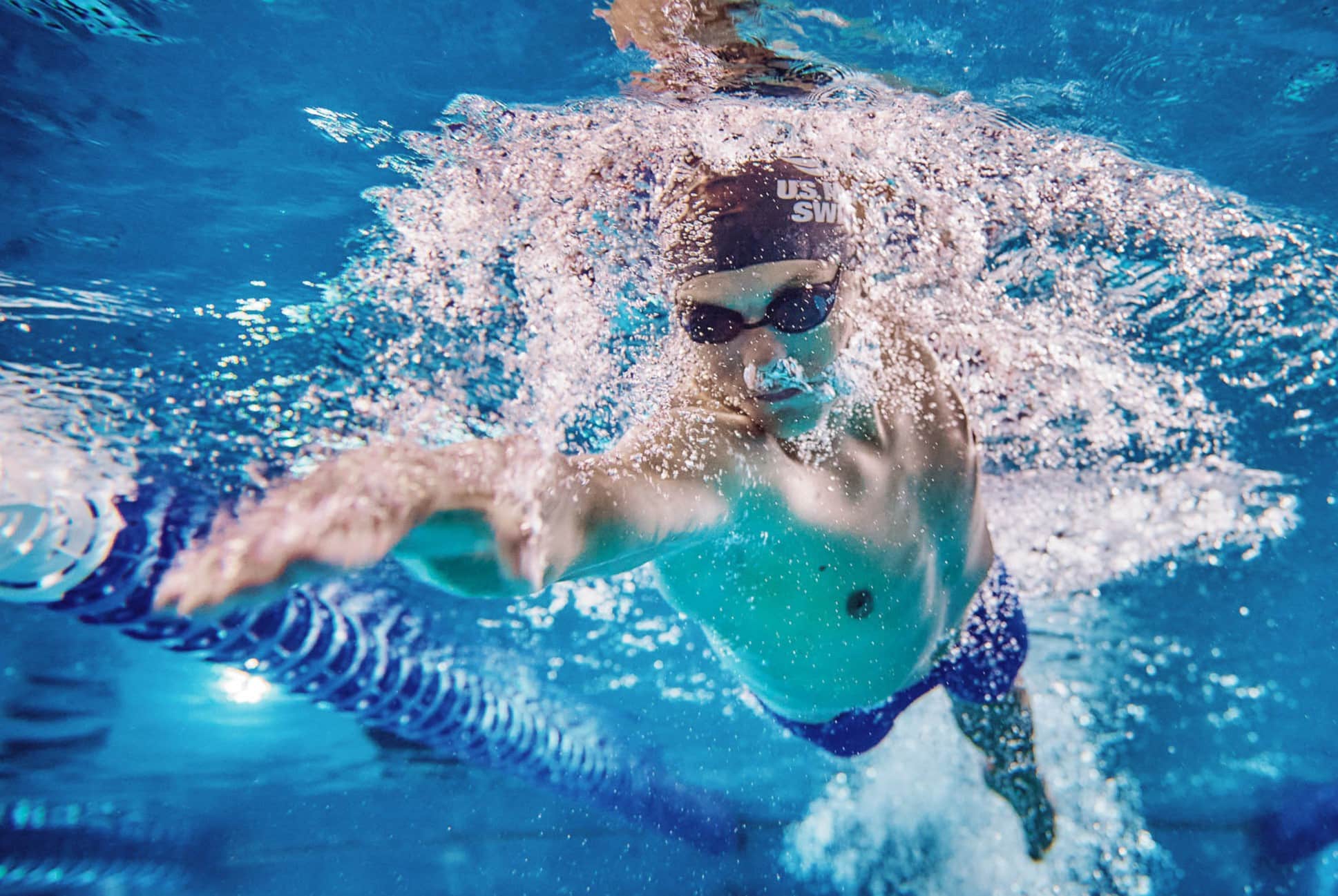

Outdoor Recreation & Activities
What Happens When You Swallow Water From A Swimming Pool
Published: February 18, 2024
Discover the potential risks of swallowing pool water and how to stay safe while enjoying outdoor recreation and activities. Learn more about the effects and precautions.
(Many of the links in this article redirect to a specific reviewed product. Your purchase of these products through affiliate links helps to generate commission for Storables.com, at no extra cost. Learn more)
Introduction
Swimming pools are synonymous with fun, relaxation, and a refreshing escape from the summer heat. Whether you're doing laps, playing water games, or simply lounging by the poolside, the allure of crystal-clear water is undeniable. However, have you ever wondered what happens when you accidentally swallow water from a swimming pool? While it may seem like a harmless mishap, the implications of ingesting pool water can be more complex than one might expect.
In this article, we'll delve into the composition of swimming pool water, the potential health risks associated with swallowing it, and the effects of chlorine, a common pool disinfectant, on the body. Additionally, we'll explore practical tips for minimizing the chances of ingesting pool water and safeguarding your well-being during aquatic activities.
So, let's embark on a journey beneath the shimmering surface of pool water to uncover the hidden realities and essential precautions associated with this ubiquitous aquatic environment.
Key Takeaways:
- Swallowing pool water can lead to infections, respiratory issues, and long-term health concerns due to chlorine and potential contaminants. Practicing conscious breathing and good hygiene can minimize the risks.
- Educating swimmers, staying hydrated, and promoting open communication can help minimize the inadvertent ingestion of pool water, ensuring a safer and more enjoyable swimming experience for all.
Read more: What Happens When You Swallow A Seed
The Composition of Swimming Pool Water
Swimming pool water is a carefully balanced concoction that comprises various elements to ensure a safe and enjoyable aquatic environment. The primary components of pool water include water itself, disinfectants, pH adjusters, and other chemicals aimed at maintaining water clarity and hygiene.
Water: The foundation of any pool, water serves as the canvas upon which the chemistry of pool maintenance unfolds. It provides the medium for swimming, playing, and relaxation, while also serving as a carrier for other essential pool chemicals.
Disinfectants: Chlorine, bromine, or other sanitizing agents are crucial components of pool water. These disinfectants work tirelessly to combat harmful bacteria, viruses, and algae, thereby safeguarding swimmers from waterborne illnesses.
pH Adjusters: Maintaining the pH balance of pool water is vital for both swimmer comfort and the effectiveness of disinfectants. pH adjusters such as muriatic acid or sodium carbonate help regulate the acidity or alkalinity of the water, ensuring a comfortable and safe swimming experience.
Alkalinity and Calcium Hardness: These parameters contribute to the overall stability and balance of pool water. Alkalinity acts as a buffer against pH fluctuations, while calcium hardness prevents the water from becoming corrosive or scaling.
Stabilizers: Cyanuric acid is commonly used to stabilize chlorine in outdoor pools, protecting it from degradation due to sunlight exposure.
Other Chemicals: Depending on specific pool requirements, additional chemicals such as algaecides, clarifiers, and flocculants may be added to enhance water clarity and purity.
Understanding the intricate composition of swimming pool water underscores the importance of maintaining proper chemical balance and hygiene. This knowledge also sheds light on the potential risks associated with ingesting pool water, as it contains a complex blend of chemicals designed to disinfect and maintain water quality.
Health Risks of Swallowing Pool Water
While accidental ingestion of small amounts of pool water may seem inconsequential, it can pose several health risks due to the presence of disinfectants, chemicals, and potential contaminants. The human body's natural defense mechanisms, such as the digestive system and immune response, are generally effective at combating minor exposures. However, repeated or significant ingestion of pool water can lead to various health concerns.
Potential Infections
Swallowing pool water exposes individuals to the risk of contracting waterborne infections caused by bacteria, viruses, and parasites. Improperly maintained or inadequately chlorinated pools can harbor harmful microorganisms, including E. coli, Giardia, and Cryptosporidium. Ingesting water contaminated with these pathogens can result in gastrointestinal illnesses, characterized by symptoms such as diarrhea, nausea, and stomach cramps.
Respiratory Issues
Inhalation of aerosolized pool water, often occurring during vigorous swimming or water play, can lead to respiratory problems. Chlorine and other disinfectants can react with organic matter in the water, producing volatile compounds that may irritate the respiratory tract. Swimmers who inadvertently inhale these compounds may experience coughing, wheezing, or exacerbation of pre-existing respiratory conditions.
Chemical Irritation
The presence of disinfectants and pH adjusters in pool water can cause irritation to the eyes, skin, and mucous membranes upon ingestion. Chlorine, in particular, can lead to eye redness, itchiness, and discomfort. Swallowing chlorinated water may also cause throat irritation and a burning sensation in the mouth and esophagus, especially if the chlorine levels are not adequately regulated.
Allergic Reactions
Some individuals may be hypersensitive or allergic to certain pool chemicals, leading to allergic reactions upon swallowing pool water. Symptoms of chemical allergies can range from mild skin rashes and itching to more severe manifestations such as hives, respiratory distress, and anaphylaxis. These reactions underscore the importance of understanding and monitoring the chemical composition of pool water, especially for individuals with known sensitivities.
Long-Term Health Implications
Prolonged exposure to pool water ingestion, particularly in inadequately maintained or heavily chlorinated pools, may have long-term health implications. Research suggests a potential link between frequent exposure to chlorinated water and respiratory conditions such as asthma, especially in children. Additionally, the cumulative effects of chemical exposure over time raise concerns about the impact on overall health and well-being.
Understanding the potential health risks associated with swallowing pool water emphasizes the importance of promoting safe swimming practices and maintaining optimal water quality. By being mindful of these risks and taking proactive measures to minimize ingestion, individuals can enjoy the benefits of swimming while safeguarding their health and well-being.
Potential Contaminants in Pool Water
Pool water, despite its inviting appearance, can harbor a range of potential contaminants that pose health risks to swimmers. These contaminants may originate from various sources, including environmental debris, human activities, and inadequate pool maintenance practices. Understanding the types of contaminants that can infiltrate pool water is crucial for mitigating health hazards and ensuring a safe swimming environment.
Read more: What Happens If You Swallow Orange Seed
Environmental Debris
Outdoor pools are particularly susceptible to contamination from environmental debris such as leaves, insects, pollen, and dust. These organic materials can introduce bacteria, algae spores, and other microorganisms into the water, contributing to microbial growth and potential health hazards. Additionally, wind-blown debris and airborne pollutants can settle on the pool surface, eventually finding their way into the water and compromising its quality.
Human Activities
Swimmers themselves can inadvertently introduce contaminants into pool water through activities such as perspiration, sunscreen application, and shedding of skin cells. These organic substances can serve as nutrients for bacteria and algae, fostering their proliferation in the pool. Moreover, accidental fecal or urinary releases in the water can introduce harmful pathogens, emphasizing the importance of practicing good hygiene and using designated restroom facilities.
Inadequate Pool Maintenance
Improper pool maintenance, including irregular water testing, insufficient disinfectant levels, and ineffective filtration, can lead to the accumulation of contaminants in the water. Without adequate sanitation and filtration, organic and inorganic impurities can build up, compromising water clarity and hygiene. Furthermore, fluctuations in pH levels and alkalinity can create an environment conducive to microbial growth, amplifying the risk of waterborne illnesses.
Chemical Byproducts
The interaction of disinfectants such as chlorine with organic matter in the water can produce chemical byproducts, including chloramines and trihalomethanes. These byproducts can contribute to the characteristic "chlorine smell" often associated with pool water and may cause respiratory irritation and discomfort. Additionally, excessive levels of disinfectants or the presence of unregulated chemicals can pose health risks upon ingestion or inhalation.
Agricultural and Urban Runoff
In outdoor pool settings, runoff from agricultural areas, lawns, and urban environments can introduce a myriad of contaminants into the pool water. These may include pesticides, fertilizers, pet waste, and other pollutants carried by rainwater or irrigation runoff. The influx of such contaminants can compromise water quality and necessitate proactive measures to mitigate their impact on swimmers' health.
By recognizing the diverse sources of potential contaminants in pool water, pool operators and swimmers can take proactive steps to minimize their introduction and proliferation. Regular maintenance, adherence to hygiene practices, and vigilant monitoring of water quality parameters are essential for mitigating the risks associated with pool water contamination. Through collective efforts and awareness, the prevalence of contaminants in pool water can be effectively managed, fostering a safer and more enjoyable swimming experience for all.
Effects of Chlorine on the Body
Chlorine, a widely used disinfectant in swimming pools, plays a pivotal role in safeguarding water quality by combating harmful microorganisms. However, the presence of chlorine in pool water can have discernible effects on the human body, particularly upon ingestion or prolonged exposure. Understanding these effects is crucial for promoting informed swimming practices and mitigating potential health concerns.
Respiratory Irritation
When individuals inhale chlorinated pool water, especially in poorly ventilated indoor pool facilities, they may experience respiratory irritation. Chlorine gas, released as a result of the disinfection process, can irritate the delicate tissues of the respiratory tract, leading to symptoms such as coughing, wheezing, and shortness of breath. Prolonged exposure to chlorinated air can exacerbate pre-existing respiratory conditions and cause discomfort for swimmers and poolside spectators alike.
Skin and Eye Irritation
Direct contact with chlorinated pool water can result in skin and eye irritation for swimmers. Chlorine, while essential for disinfection, can strip the skin of its natural oils, leading to dryness, itchiness, and potential dermatological issues. Additionally, prolonged exposure to chlorinated water can cause redness, burning sensations, and discomfort in the eyes, impacting the overall swimming experience and post-swim comfort.
Allergic Reactions
Some individuals may exhibit allergic reactions upon exposure to chlorine in pool water. Allergic responses can manifest as skin rashes, hives, and itching, signaling the body's hypersensitivity to the chemical. In severe cases, individuals with chlorine allergies may experience respiratory distress and systemic reactions, necessitating prompt medical attention. Recognizing and addressing chlorine allergies is essential for ensuring the safety and well-being of all swimmers.
Gastrointestinal Discomfort
Ingesting chlorinated pool water, whether accidentally while swimming or through inadvertent water consumption, can lead to gastrointestinal discomfort. Chlorine, a potent disinfectant, can disrupt the natural balance of gut flora and cause irritation to the gastrointestinal lining, resulting in symptoms such as nausea, stomach cramps, and diarrhea. Minimizing the ingestion of pool water is crucial for preventing these discomforting effects and promoting digestive wellness.
Long-Term Health Considerations
Prolonged exposure to chlorinated pool water, coupled with frequent ingestion or inhalation, raises concerns about potential long-term health implications. Research suggests a possible association between chronic exposure to chlorinated water and respiratory conditions, particularly in children. Furthermore, the cumulative effects of chlorine exposure on skin and respiratory health underscore the importance of prudent swimming practices and water quality management.
By acknowledging the effects of chlorine on the body, swimmers, pool operators, and health professionals can collaborate to implement strategies that minimize exposure and promote a safer swimming environment. From adequate ventilation and water circulation to regular monitoring of chlorine levels, proactive measures can mitigate the impact of chlorine on swimmers' health, fostering a more enjoyable and health-conscious aquatic experience for all.
Tips for Avoiding Ingesting Pool Water
-
Practice Conscious Breathing: When swimming or engaging in water activities, be mindful of your breathing to minimize the inhalation of water droplets or aerosols. Utilize proper breathing techniques to enhance respiratory control and reduce the likelihood of inadvertently inhaling pool water.
-
Avoid Swallowing Water: While it may seem challenging, consciously refraining from swallowing pool water is crucial for minimizing the ingestion of potentially contaminated water. Encourage swimmers, especially children, to be mindful of this practice and to promptly exit the water if they accidentally ingest any water.
-
Use Protective Eyewear: Wearing goggles or swim masks not only enhances underwater visibility but also provides a barrier against chlorinated water, reducing the risk of eye irritation and inadvertent ingestion. Properly fitted eyewear can also prevent water from entering the eyes, promoting a more comfortable and enjoyable swimming experience.
-
Promote Good Hygiene: Encourage swimmers to adhere to good hygiene practices, such as showering before entering the pool, to minimize the introduction of contaminants into the water. Rinsing off body oils, lotions, and sweat can help maintain water quality and reduce the need for excessive chemical treatment.
-
Educate Swimmers: Providing information about the potential risks of ingesting pool water can empower swimmers to make informed choices. Educate individuals, especially children, about the importance of avoiding water ingestion and the potential health implications, fostering a culture of awareness and responsible swimming behavior.
-
Monitor Children Closely: When supervising young swimmers, maintain close supervision to prevent accidental ingestion of pool water. Promptly address any instances of water ingestion and provide gentle reminders about the importance of not swallowing pool water during play and swimming activities.
-
Stay Hydrated: Encourage swimmers to hydrate adequately before and during their time in the pool. Proper hydration can reduce the likelihood of feeling thirsty while swimming, minimizing the temptation to ingest pool water due to thirst.
-
Seek Well-Maintained Pools: Choose swimming facilities that prioritize water quality and maintenance. Well-maintained pools with proper filtration, regular water testing, and adequate disinfectant levels offer a safer and more hygienic swimming environment, reducing the potential risks associated with ingesting pool water.
-
Follow Pool Rules and Guidelines: Adhere to the specific rules and guidelines established by the pool facility or lifeguards. These regulations often include directives aimed at promoting safe swimming practices and minimizing the ingestion of pool water, contributing to a secure and enjoyable aquatic experience for all.
-
Promote Open Communication: Encourage open communication between swimmers, pool operators, and lifeguards regarding any concerns about water quality, chemical odors, or potential contamination. Promptly reporting any irregularities can facilitate timely interventions and contribute to maintaining a healthy and safe swimming environment.
By implementing these tips and fostering a culture of mindfulness and responsibility, swimmers can minimize the inadvertent ingestion of pool water, promoting a safer and more enjoyable aquatic experience for all.
Conclusion
In conclusion, the seemingly innocuous act of swallowing water from a swimming pool can carry significant health implications, given the complex composition of pool water and the potential risks associated with ingestion. From the presence of disinfectants and chemicals to the diverse sources of contaminants, pool water harbors a myriad of factors that can impact swimmers' well-being. The effects of chlorine on the body, coupled with the risk of infections, respiratory issues, and long-term health considerations, underscore the importance of promoting safe swimming practices and maintaining optimal water quality.
By understanding the composition of swimming pool water and the potential contaminants it may harbor, individuals can make informed choices to minimize the inadvertent ingestion of pool water. Practicing conscious breathing, using protective eyewear, and promoting good hygiene are essential strategies for reducing the risk of water ingestion. Educating swimmers, especially children, about the importance of avoiding water ingestion and adhering to pool rules further contributes to a culture of awareness and responsible swimming behavior.
Furthermore, the emphasis on well-maintained pools, proper hydration, and open communication fosters a collaborative approach to mitigating the risks associated with pool water ingestion. By prioritizing water quality, adhering to guidelines, and promptly reporting any concerns, swimmers can contribute to a safer and more enjoyable aquatic experience for all.
Ultimately, the awareness of potential health risks associated with swallowing pool water serves as a catalyst for proactive measures and informed decision-making. By implementing the outlined tips and fostering a culture of mindfulness and responsibility, individuals can safeguard their health and well-being while indulging in the pleasures of swimming and aquatic activities. Through collective efforts and a commitment to water safety, the allure of swimming pools can be enjoyed in harmony with health-conscious practices, ensuring a refreshing and secure aquatic experience for swimmers of all ages.
Frequently Asked Questions about What Happens When You Swallow Water From A Swimming Pool
Was this page helpful?
At Storables.com, we guarantee accurate and reliable information. Our content, validated by Expert Board Contributors, is crafted following stringent Editorial Policies. We're committed to providing you with well-researched, expert-backed insights for all your informational needs.
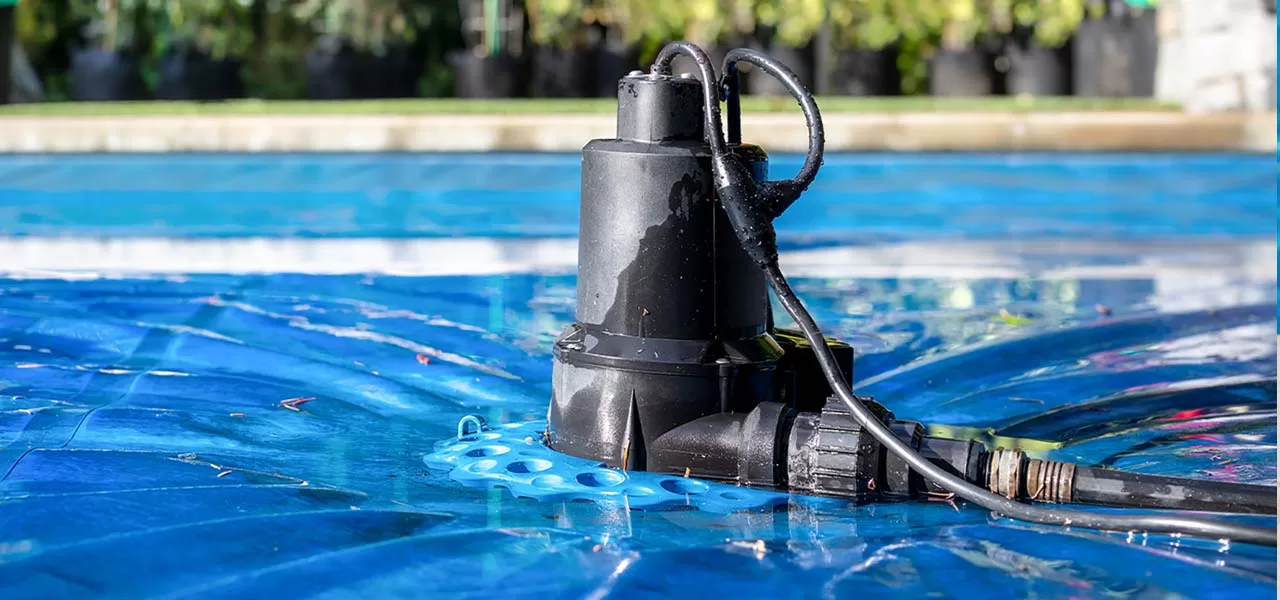



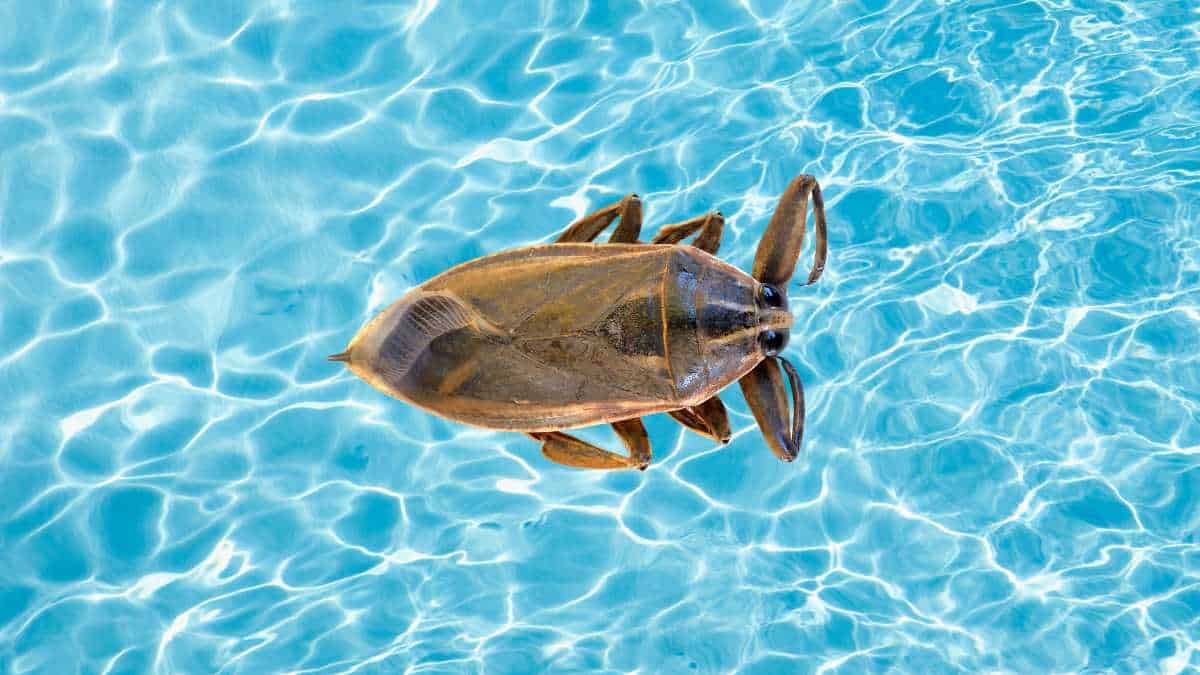
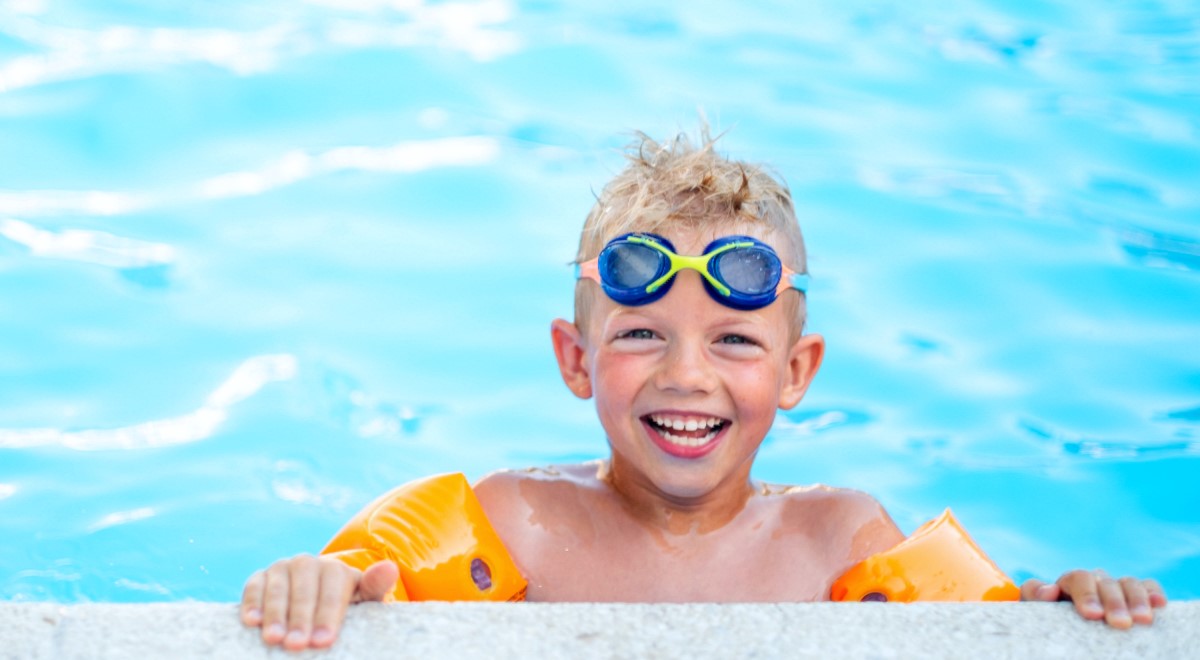
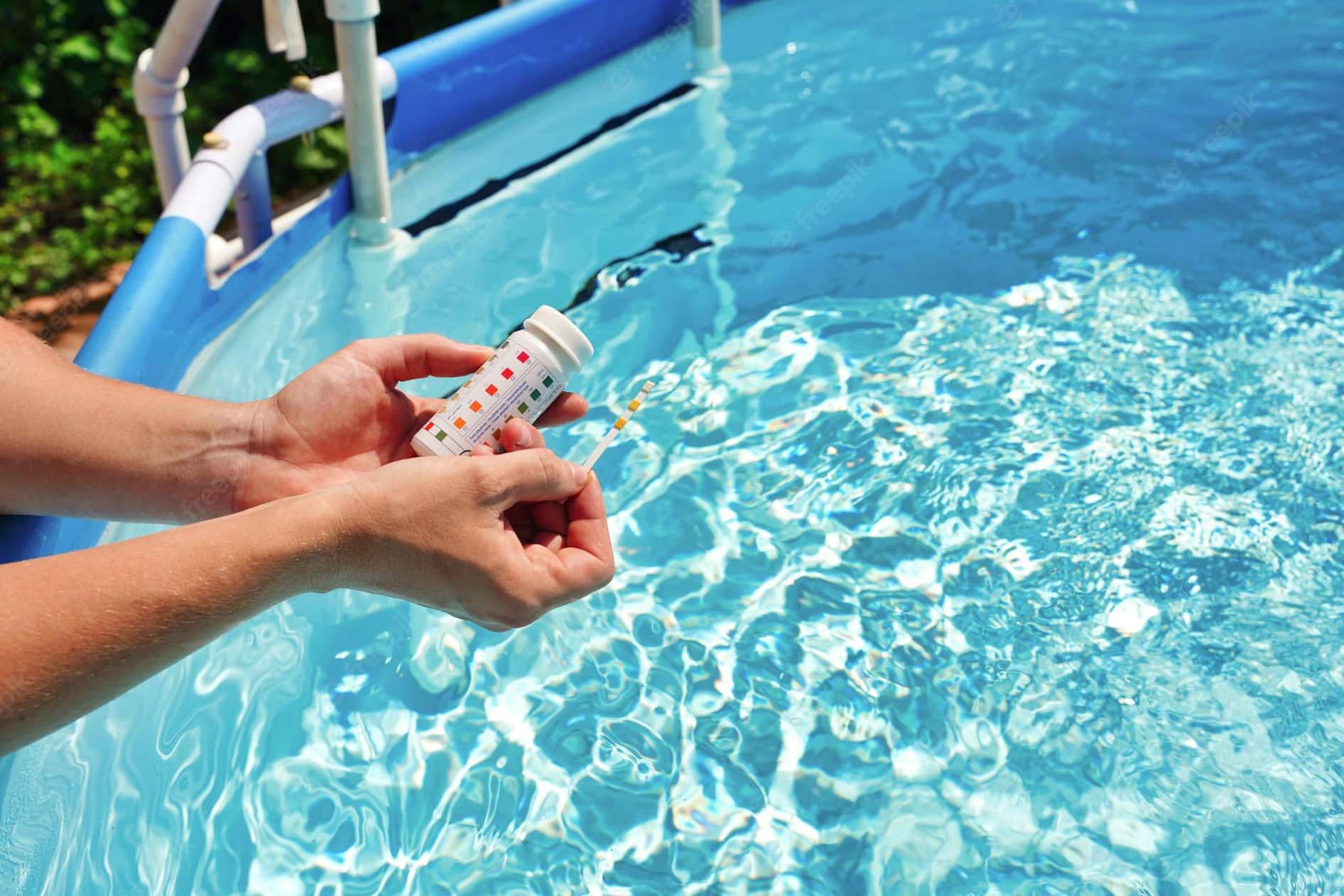
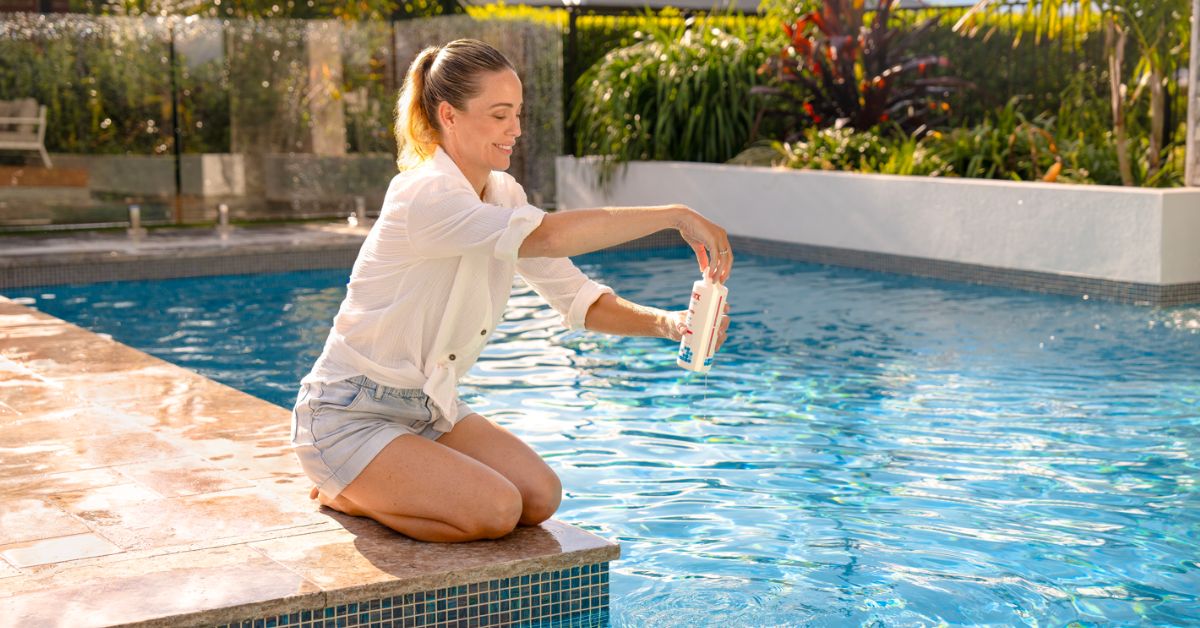
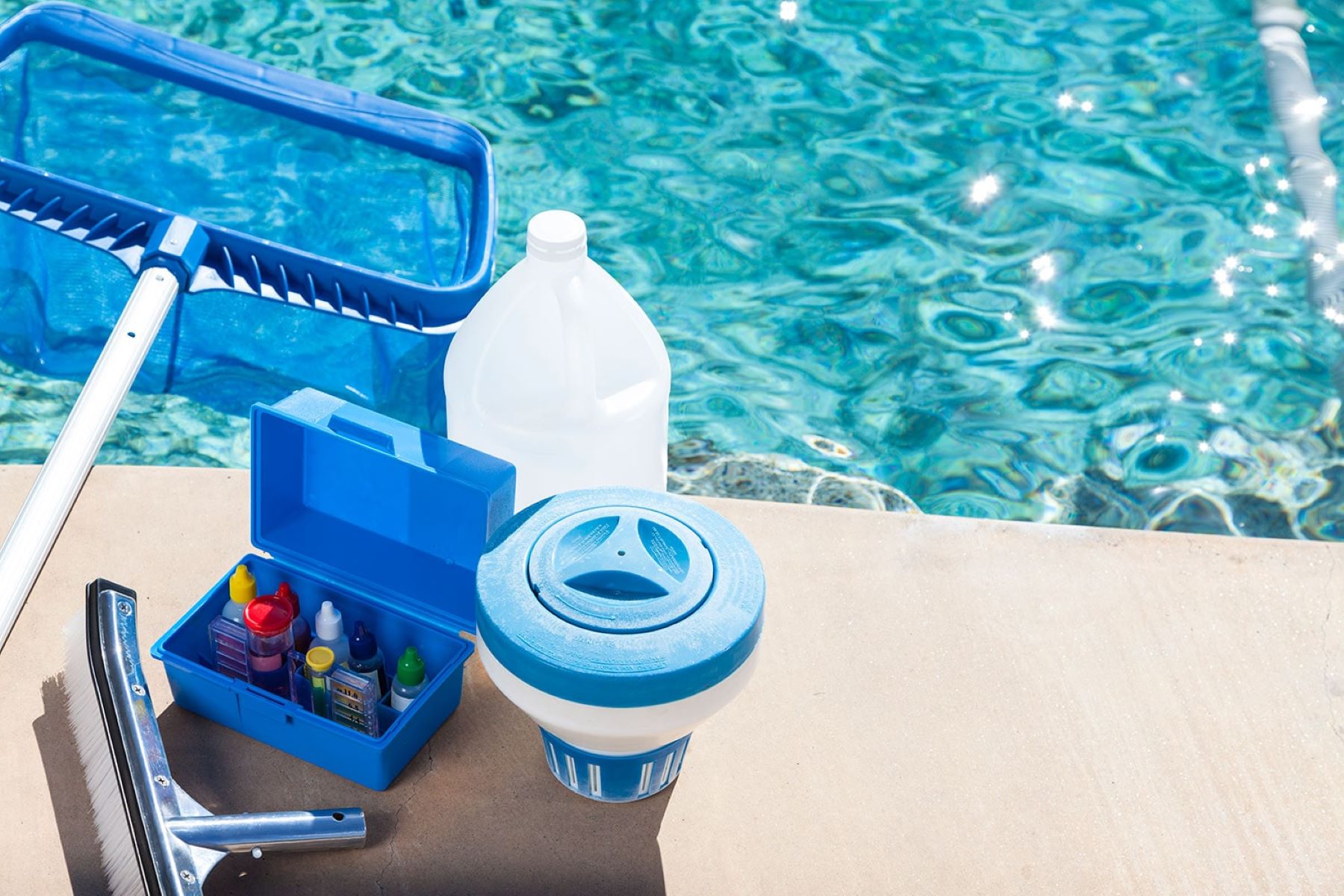


0 thoughts on “What Happens When You Swallow Water From A Swimming Pool”